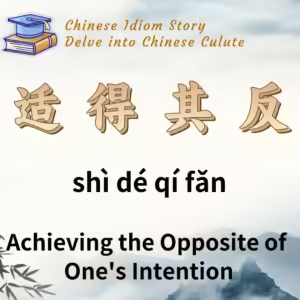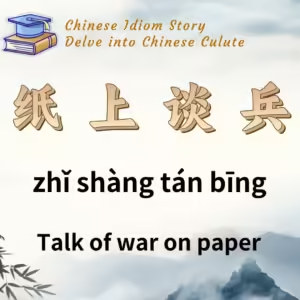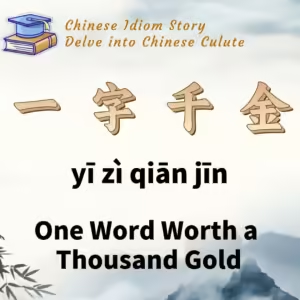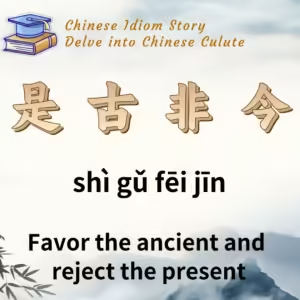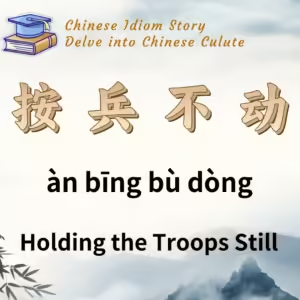
Chinese Idiom: 按兵不动 (An Bing Bu Dong)
English Translation: Holding the Troops Still
pīn yīn: àn bīng bù dòng
Idiom Meaning: This idiom refers to the act of holding back troops, often used to describe a situation where one adopts a wait-and-see attitude or refrains from taking action due to certain reasons.
Historical Source: 吕氏春秋 · 召类》 (Records of Lü Buwei)
Idiom Story:
The idiom originates from the Spring and Autumn Period in ancient China. Zhao Jianzi, a prominent figure from the Jin state, was known for his strong will, bravery, and strategic talent. He frequently undertook diplomatic missions and led military campaigns to maintain Jin’s status as a hegemon among the states, earning him significant respect and trust from the Jin ruler.
At that time, the neighboring State of Wei had become weak due to invasions by the Di tribes, losing much of its population and land. Wei Linggong, the ruler of Wei, lacked notable talents and was compelled to ally with Jin, submitting to its authority. However, Linggong was determined not to remain in such a humiliating position forever.
In 503 BC, Linggong formed a mutual assistance alliance with Qi Jinggong, severing ties with Jin. This rebellion greatly unsettled the Jin court. In response, Zhao Jianzi mobilized troops, preparing to attack the Wei capital, Diqiu (near present-day Puyang, Henan), intending to force Wei into submission.
Before launching his campaign, Zhao Jianzi consulted a trusted advisor named Shi Mo, stating, “I’ve heard that Wei is expelling talented individuals and relying on petty officials, which may cause discontent. You must assess the situation within a month; I will wait for your report before we proceed.” After Shi Mo left, Zhao Jianzi ordered his soldiers to intensify their training and preparations for battle. However, as a month passed without news from Shi Mo, an advisor suggested launching the attack regardless, believing Wei could not withstand the Jin forces.
Zhao Jianzi shook his head, asserting, “Linggong’s decisive break with Jin indicates he is well-prepared. We cannot be careless. Shi Mo is prudent; his delay suggests unforeseen circumstances require further investigation. We will wait for his return before making any moves.”
Eventually, Shi Mo returned and reported that Wei Linggong had appointed loyal ministers and dismissed corrupt officials, gaining the people’s support. To incite anger against Jin, Linggong announced that families with daughters must send one as a hostage, stirring outrage among the citizens who declared, “Let Jin come! We will surely drive them back!” Realizing the changed circumstances, Zhao Jianzi ordered his troops to remain still, canceling the attack on Wei.
This story illustrates the wisdom of patience and caution, encapsulated in the idiom “按兵不动,” emphasizing the importance of timing and careful consideration before taking action.


